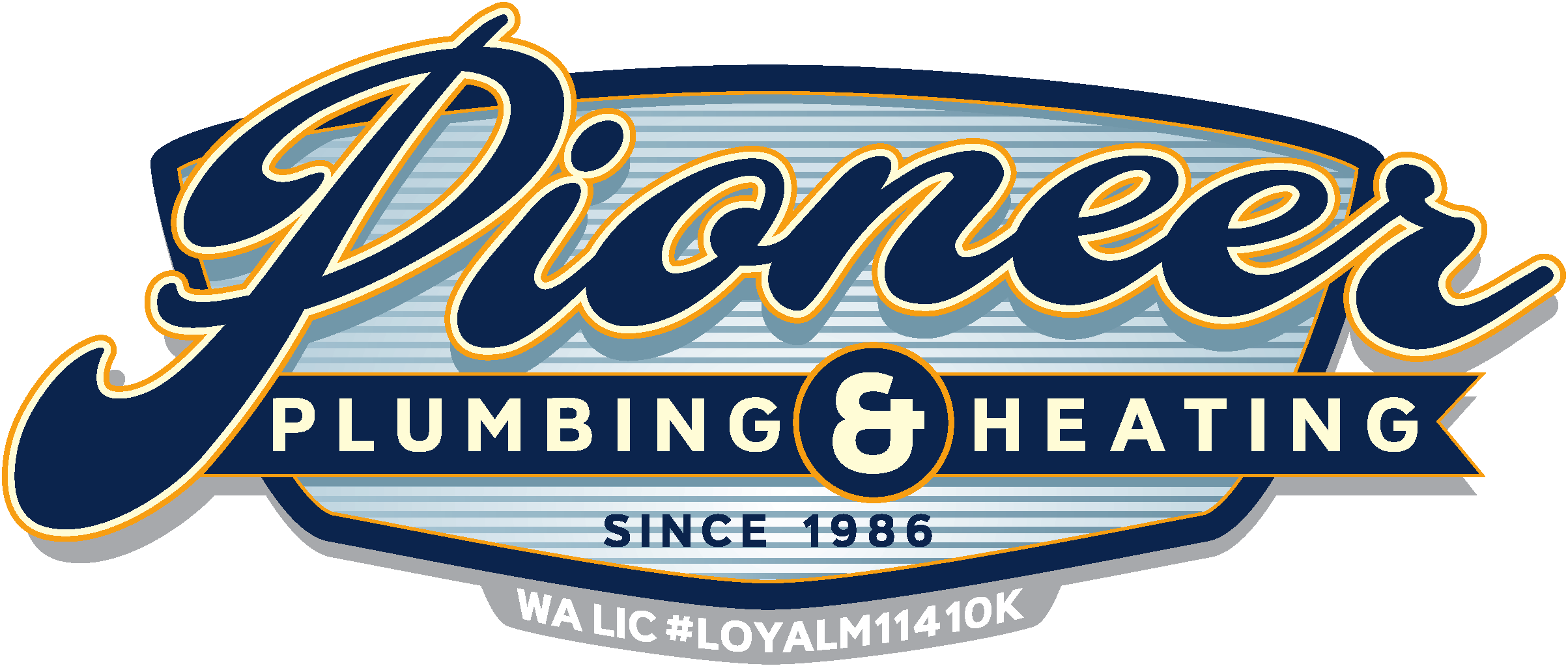Not many homes in Seattle have septic tanks, but septic systems are quite common in rural communities that are further away from sewer infrastructure. About a quarter of American homes use septic systems of some kind and if your home is included, there are a few things you need to do to ensure it keeps running smoothly and without issues.
Whereas in traditional sewer systems wastewater is taken away to a centralized treatment facility, septic tanks utilize drain fields that naturally filter out bacteria from the water in the tanks. Solids fall to the bottom of the tank and are broken up over time.
Keeping your system properly maintained can help keep problems from happening before they occur. Clogging, leaks, and other malfunctions can cause backups into your yard or even your home - not a pretty sight or smell. You should plan to have your septic tank inspected every three years.
To avoid the potential for clogs, never flush anything other than toilet paper down your drains. Avoid dumping chemicals of any kind down your drain, too - this can disrupt the natural filtration process and be harmful to your soil and nearby groundwater. If you have a garbage disposal, you'll need to have your system pumped more frequently due to ground-up food's potential to clog.
Septic tanks can't take quite as much as sewer systems, so treating it carefully will avoid big headaches down the road. In general terms, the less water you put through the system, the longer it'll last. Use water sparingly and use low-flow or high-efficiency plumbing solutions.
Pioneer Plumbing and Heating can inspect your plumbing and sewer systems to ensure proper flow and longer system lifespan. A professional plumber's inspection is the only way to make sure your septic tank is operating properly, so contact us for an appointment today!






